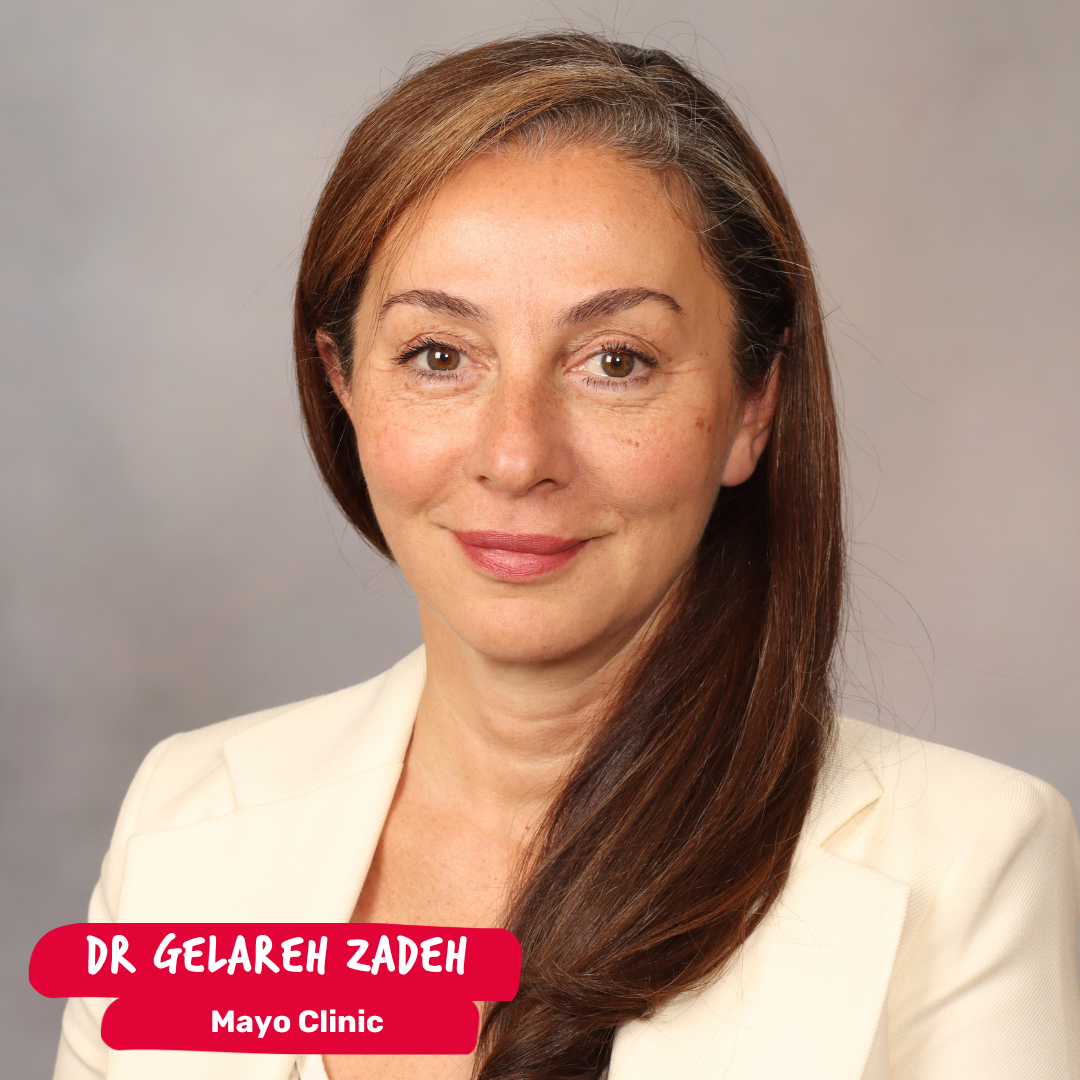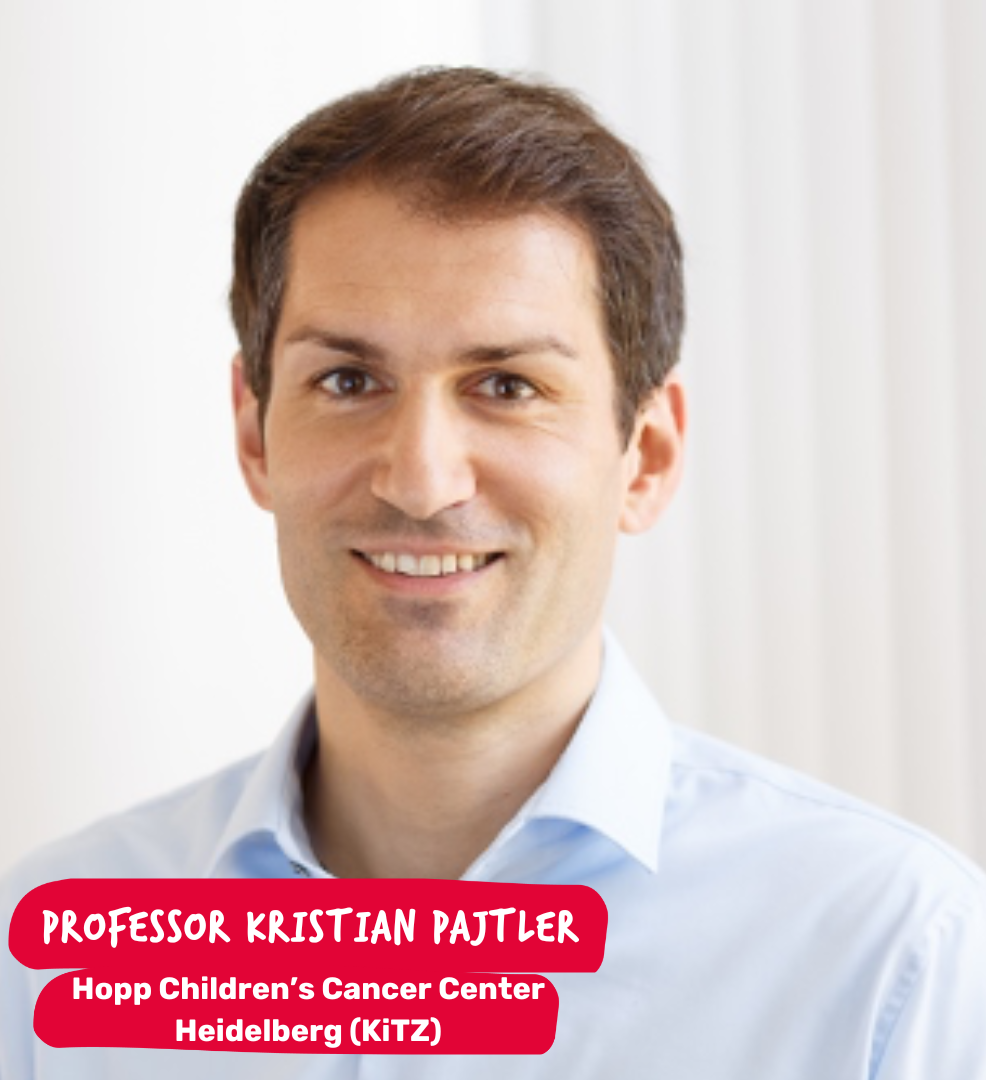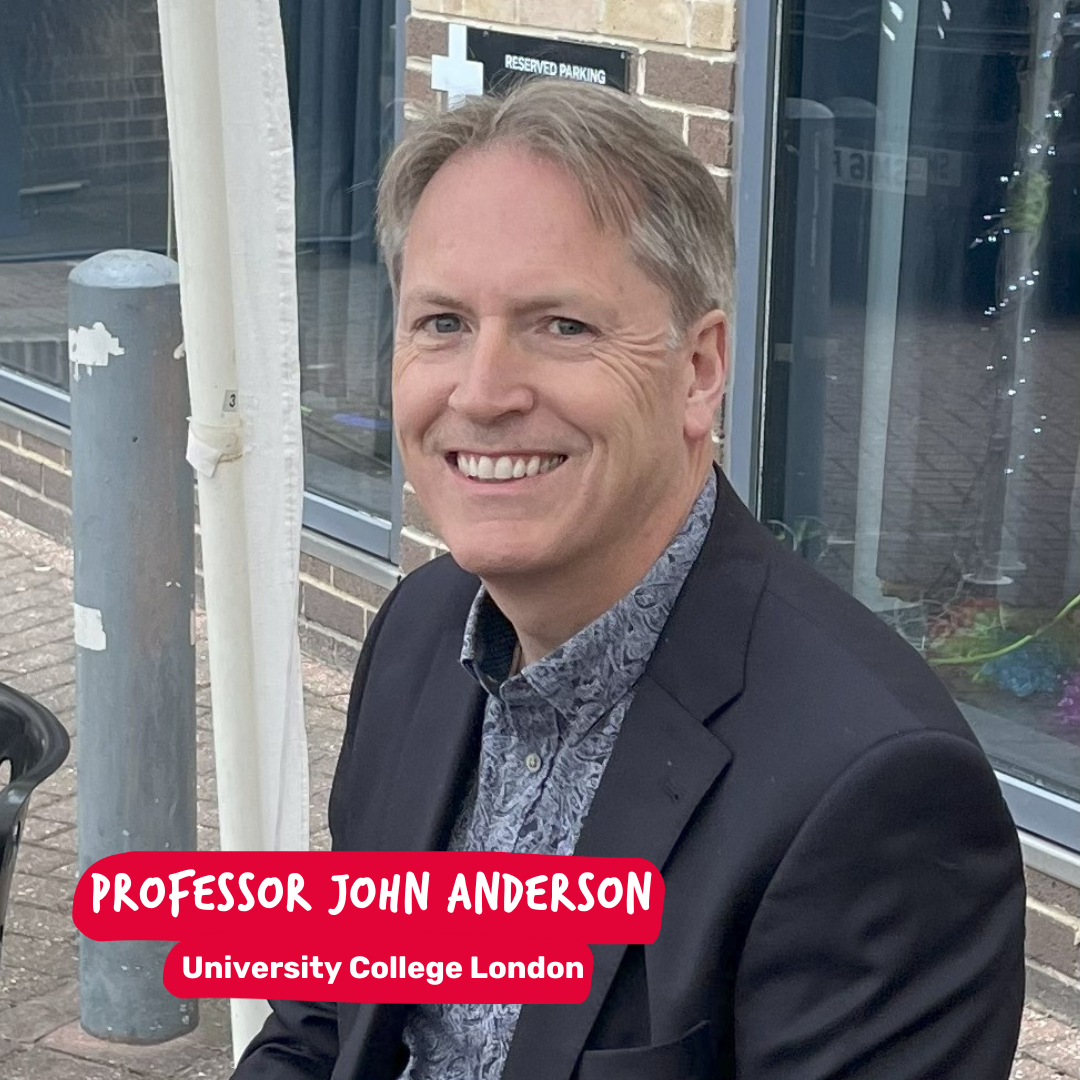The Brain Tumour Charity is proud to announce the latest recipients of our Quest for Cures Grants. These researchers have been awarded for their innovative projects and collaborative approaches to research into brain tumours.
The Quest for Cures grants award funding of up to £1.5 million, over a duration of 5 years. These projects involve collaboration across different institutions, with researchers that have diverse expertise to create multidisciplinary teams. These teams share knowledge, resources and advancing technology to strengthen the ties between basic and clinical research. This will ultimately bring us closer to finding a cure for brain tumours as soon as possible.
Exploring interactions between meningioma and the immune system
Meningiomas are amongst the most common brain tumours in adults. Whilst they are usually low grade and slow growing, they can sometimes be more aggressive. These aggressive forms can become resistant to current treatments, like radiotherapy.
Using a tool that was developed with some of her previous Quest for Cures funding, Dr Gelareh Zadeh is now exploring how four subgroups of meningioma respond to different types of radiotherapy. She will also look at how tumour cells and immune cells interact with each other, to understand why there are differences between meningioma subgroups in the way they react to radiotherapy.
Dr Zadeh and her team also plan to streamline the process of sorting meningiomas into their subgroups by using AI to analyse tissue samples and MRI scans. This has the potential to help people diagnosed with a meningioma access the treatment that is best suited to their needs.

Dr Gelareh Zadeh
Mayo Clinic, Minnesota
Dr Gelareh Zadeh is a globally recognised neurosurgeon-scientist, with her clinical and research expertise focusing on skull base neuro-oncology and the molecular mechanisms underlying brain tumours, particularly meningiomas.
Reprogramming immune cells to improve ependymoma treatments
Ependymomas are the third most common type of brain tumour that affects children, with the average age of diagnosis being five years old. Surgery, radiotherapy and chemotherapy are available to people with ependymoma, but some tumour cells can escape these treatments. These cells survive and allow the tumour to grow back.
Using this Quest for Cures funding, Professor Kristian Pajtler, at Hopp Children’s Cancer Center Heidelberg, and Professor John Anderson, at University College London, are teaming up to understand how ependymomas escape immune cells. They are then hoping to retrain these immune cells to fight tumours, instead of helping them grow.
The team are also improving a type of immunotherapy, called CAR-T cell therapy to be more effective at targeting ependymomas. They believe that by retraining the immune system, ependymomas will respond better to CAR-T cell therapy.
Professor Kristian Pajtler
Hopp Children’s Cancer Center Heidelberg
Professor Kristian Pajtler leads the Early Cancer Diagnostics team at Hopp Children’s Cancer Center Heidelberg (KiTZ). His research focuses on improving early detection and molecular characterisation of paediatric brain and sarcoma tumours.


Professor John Anderson
University College London
Professor John Anderson works at University College London Great Ormond Street Hospital (GOSH) and Institute of Child Health (ICH). His research focuses on developing cell and gene immunotherapies and also aims to understand and manipulate the immune system’s response to childhood cancer.
Follow the Quest for Cures grants
We’ll be following the progress of these Quest for Cures grants and sharing updates on the researchers’ work in the coming months and years. We can’t wait to see the impact their research will have on the brain tumour field.

By forging collaborations between international research teams, our Quest for Cures grants have the potential to transform our understanding of brain tumours and find innovative ways of developing new treatments. We will be working closely with these researchers, aiming to drive this discovery research into the clinic to help those living with a brain tumour live longer and better lives.
Dr Simon Newman, Chief Scientific Officer at The Brain Tumour Charity
